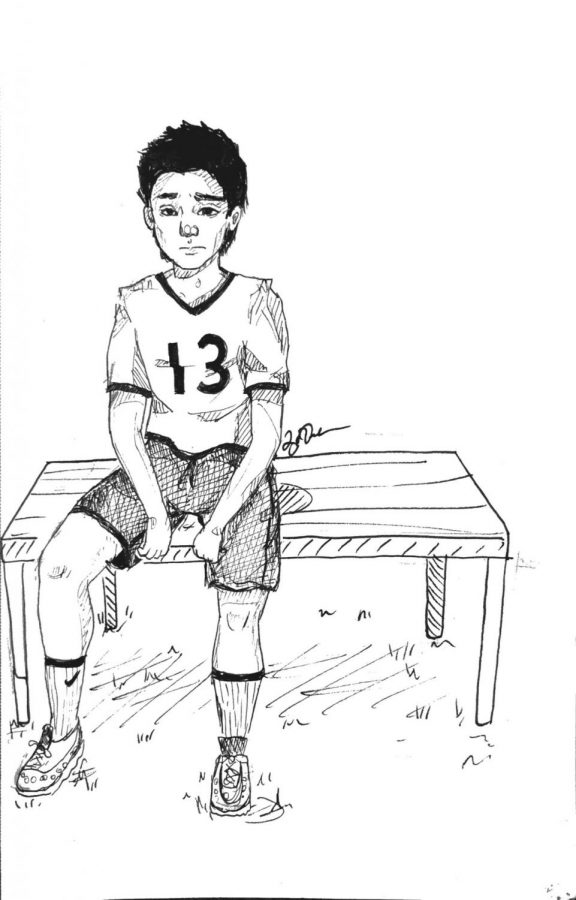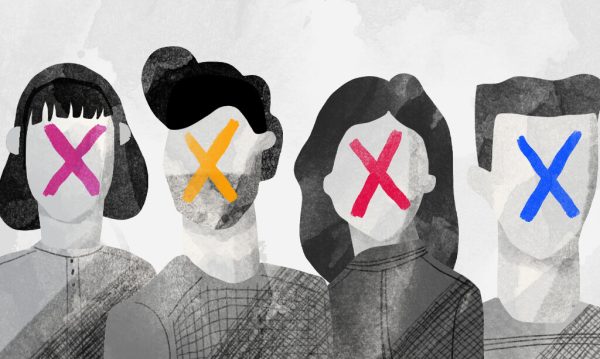Making Sports Cuts Can Be Beneficial
High school is a preeminent part of growing up—parties, relationships, best friends and of course, sports teams. Many students take part in at least one sport throughout their high school career. That being said, the interest is very high, which ultimately leads to giant teams: football rosters with 60 kids, soccer ones with 30. Sure, the coach is being empathetic and believes everyone deserves a chance to prove themselves, but that same coach usually ends up only playing their top players throughout the entire season, and many athletes are given a spot on the bench. So then, what is the point of rostering so many players if only a select few actually ever see the field? Although cuts initially seem unfair to athletes, coaches and the athletic community should consider the long-term benefits as well.
Getting cut from the team haunts some players and leaves them doubting their abilities, but doing so could be beneficial in many ways. Not making the team can push players to work even harder than before. They are fueled with a desire to be on the team and an anger from not achieving that; therefore, the player will put in time and effort to come back the following year and prove everyone wrong to earn their spot on the team. In addition, although it may not seem like it at the time, getting cut could inadvertently lead players to their true passion. For example, senior Caroline Mcgrath was cut from the soccer team her freshman year, which lead her to participate in cross country, where she discovered love and natural talent for the sport. Cutting athletes can ultimately lead to more motivated and skilled athletes who push limits to earn their rightful spot, or to find joy in a new sport that they never expected.
Lastly, making cuts can possibly save kids from a miserable season. Some athletes may try out due to pressure from their family; therefore, for some players, being cut is better than actually making the team. Even when someone loves a sport, being forced to watch others play while not receiving that same opportunity is unbearable. So imagine how it feels when someone does not even like the sport in the first place. Cutting players who almost definitely will never see the field could save them from a desolate season and minimize the roster in the meantime.
Getting cut from anything—student council, a club leadership position or sports—is indisputably difficult; however, it is with the rejection that teaches students the most valuable lessons, even if they are devastated at the time. Coaches who give all players a chance, regardless of skill, may believe they have the athletes best interests at heart, but sometimes, rejection is simply a redirection to greater things.

Sarah St. George, class of 2020, is an Editor-in-Chief for The Rebellion. At Walpole High, she plays soccer, runs indoor track, is the Vice President for...











